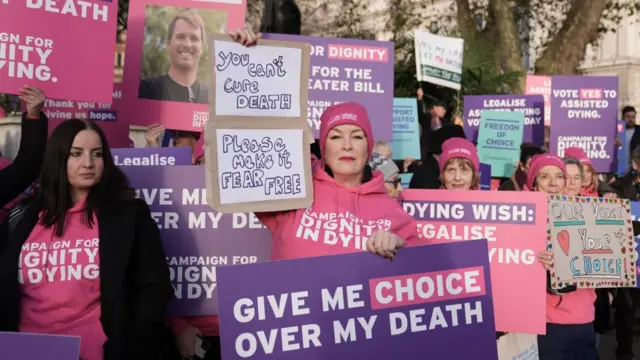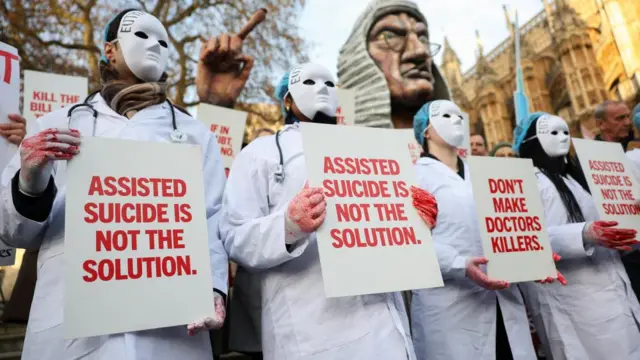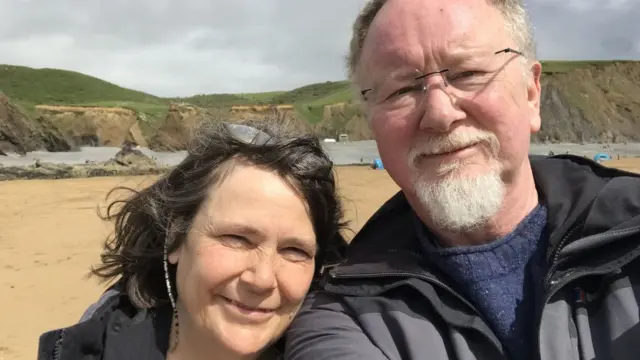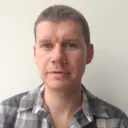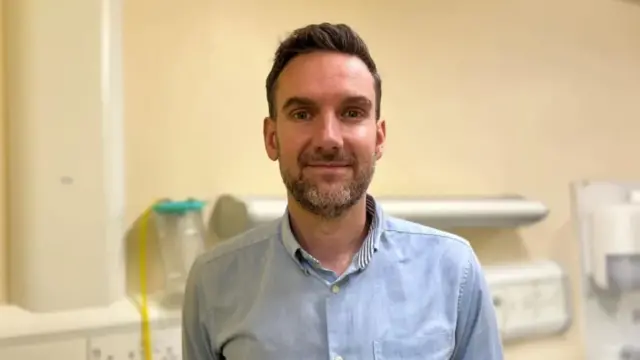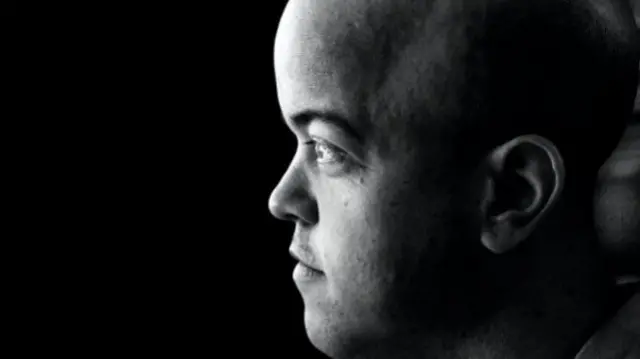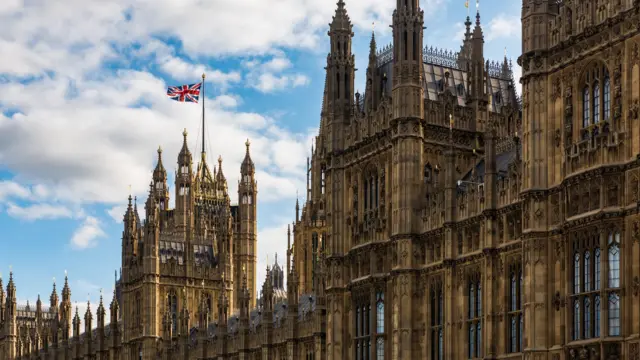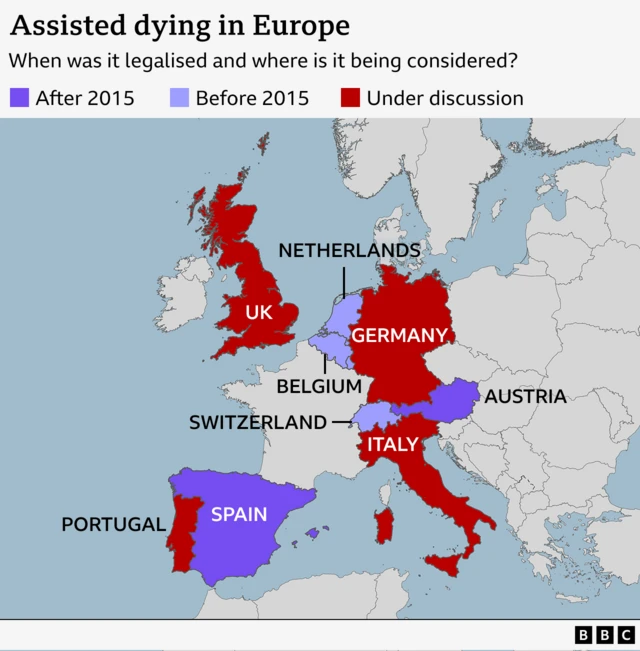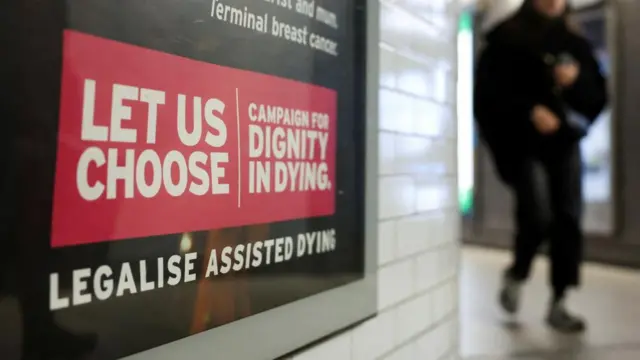A historic debate comes to the Commons, Speaker sayspublished at 09:42 GMT 29 November 2024
The Speaker of the House of Commons Sir Lindsay Hoyle, begins by saying that more than 160 members have indicated that they want to speak in today's debate.
He says it is not customary to impose a time-limit on speakers during a debate on a private members' bill, but issues guidance that after the first two speakers, MPs should try and keep their remarks to under eight minutes to try and allow as many speakers as possible.
It's one of the most important debates the House has had, he says, calling on MPs to be respectful and listen to each other.
He also says that the so-called wrecking amendment has not been selected.

